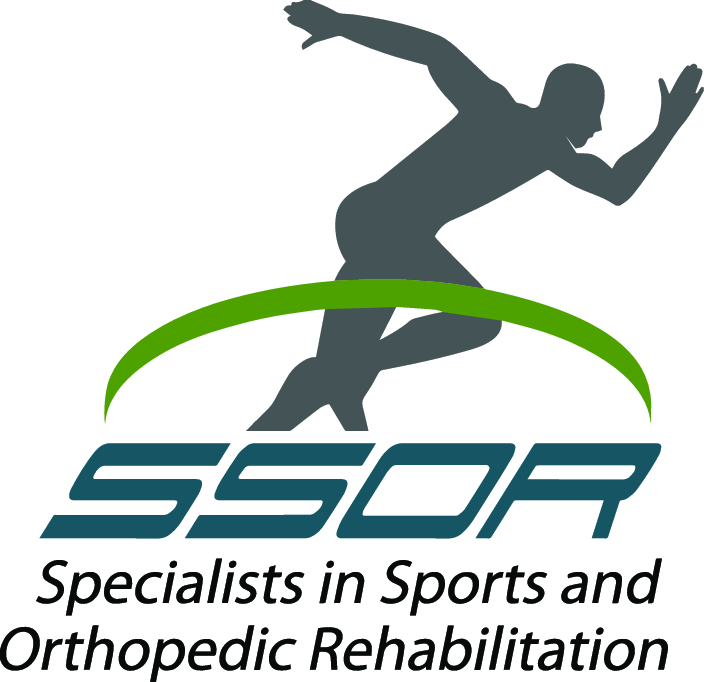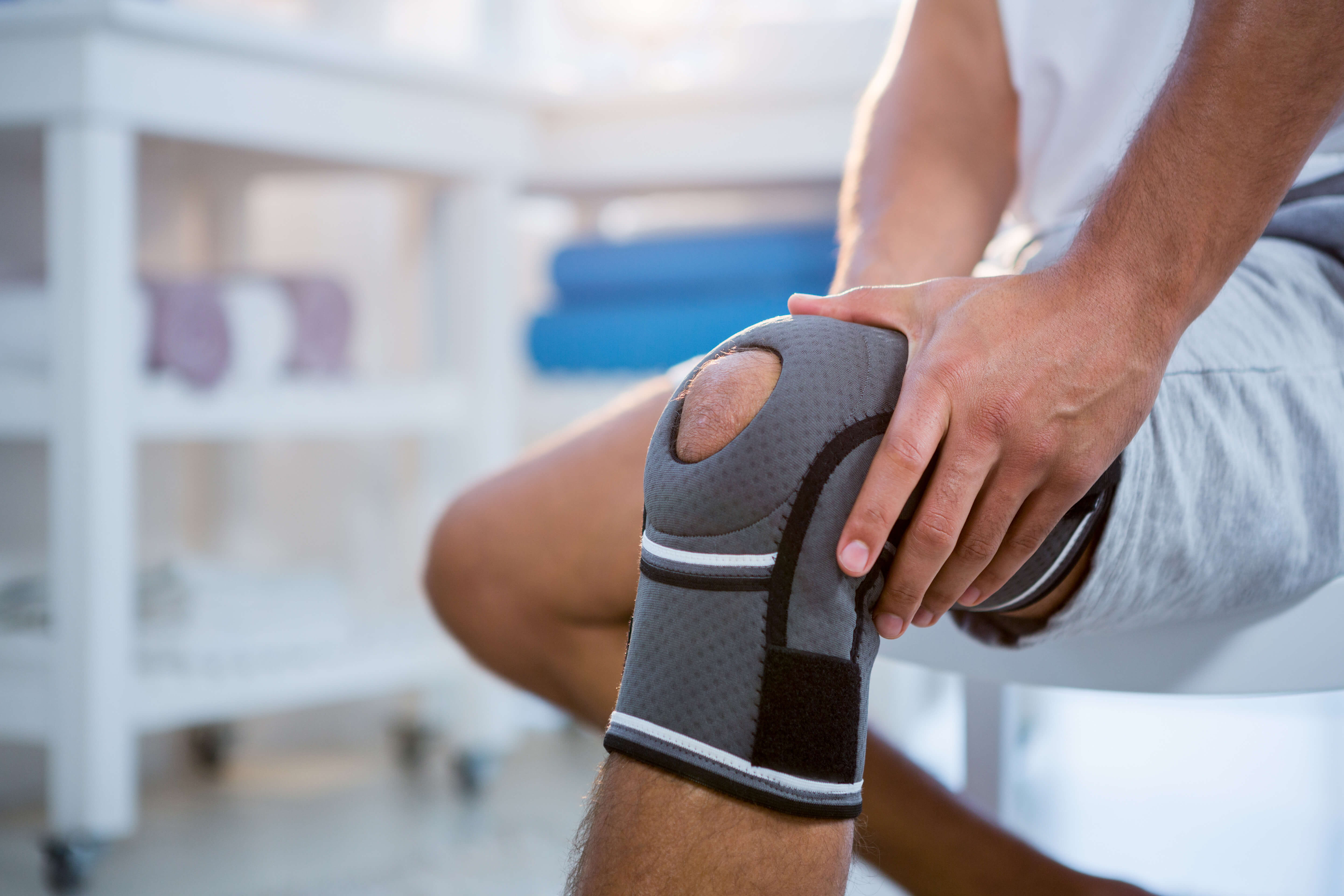Taking care of your knees is important because you use your knees for so many activities in your life. Pay attention to any pain in your knees, because it may be the sign of an injury or condition that can limit your mobility. Usually, this kind of knee pain comes with other symptoms, such as inflammation and swelling.
Your knee swells when it’s been injured or if a chronic condition is causing damage to it. The swelling is the result of your body releasing fluid to help cushion the injury and get more white blood cells to it. This is usually painful because swelling puts pressure on the nerves and limits your mobility.
What to do when you have a swollen knee
A swollen knee is not always serious. Sometimes it occurs from overuse or strain. However, sometimes a swollen knee is the sign of a condition that required medical attention. You may need to see a doctor if home treatments are not working or if the knee is in severe pain, especially after a traumatic impact or twisting.
In less serious cases, you can treat your knee pain at home:
- Rest — Resting is important, especially for athletes because they tend to push through pain to train and compete. Failure to get enough rest can make your knee pain grow worse.
- Ice — Icing your knee pain can help reduce inflammation and swelling. Use a cold pack or a bag of ice on your knee two or three times a day for 10 to 15 minutes. Be careful not to ice any longer than this because too much cold can constrict your blood vessels. This can make it more difficult for your knee to heal
- Compress — Wrapping your knee with a compression bandage also helps reduce swelling and inflammation. Make sure you don’t wrap your knee too tight. This can cut off your blood flow and hinder healing or cause other problems.
See a healthcare professional, such as a physical therapist, if you have any questions about properly compressing your knee. - Medicate — Pain medication and anti-inflammatory medication can help soothe your pain and swelling while your knee recovers. Some sleep medication can also help if the pain is affecting your ability to sleep. Talk to your doctor for recommendations on what kind of medication is right for you.
Treating knee pain at Specialists in Sports and Orthopedic Rehabilitation (SSOR)
Our team at SSOR has years of training and experience in treating knee pain. Whether you have chronic knee pain or a sudden injury, we’re ready to help you. Contact us today for more information or to schedule an initial appointment.

